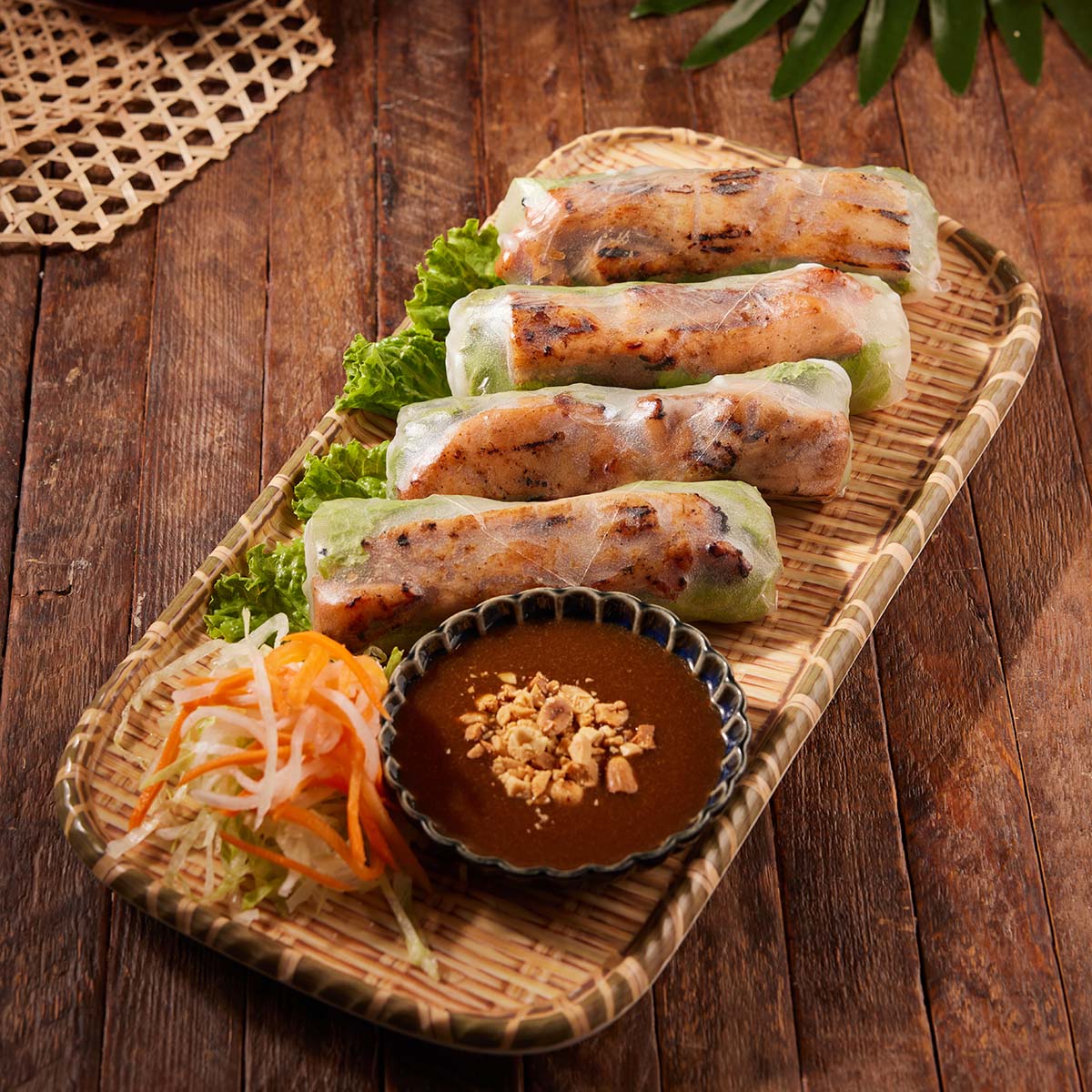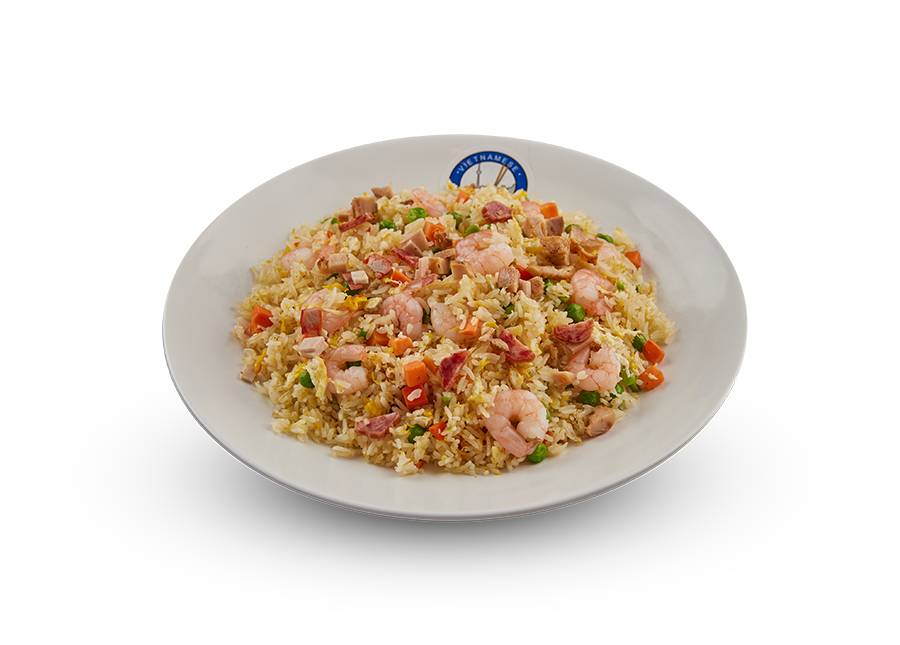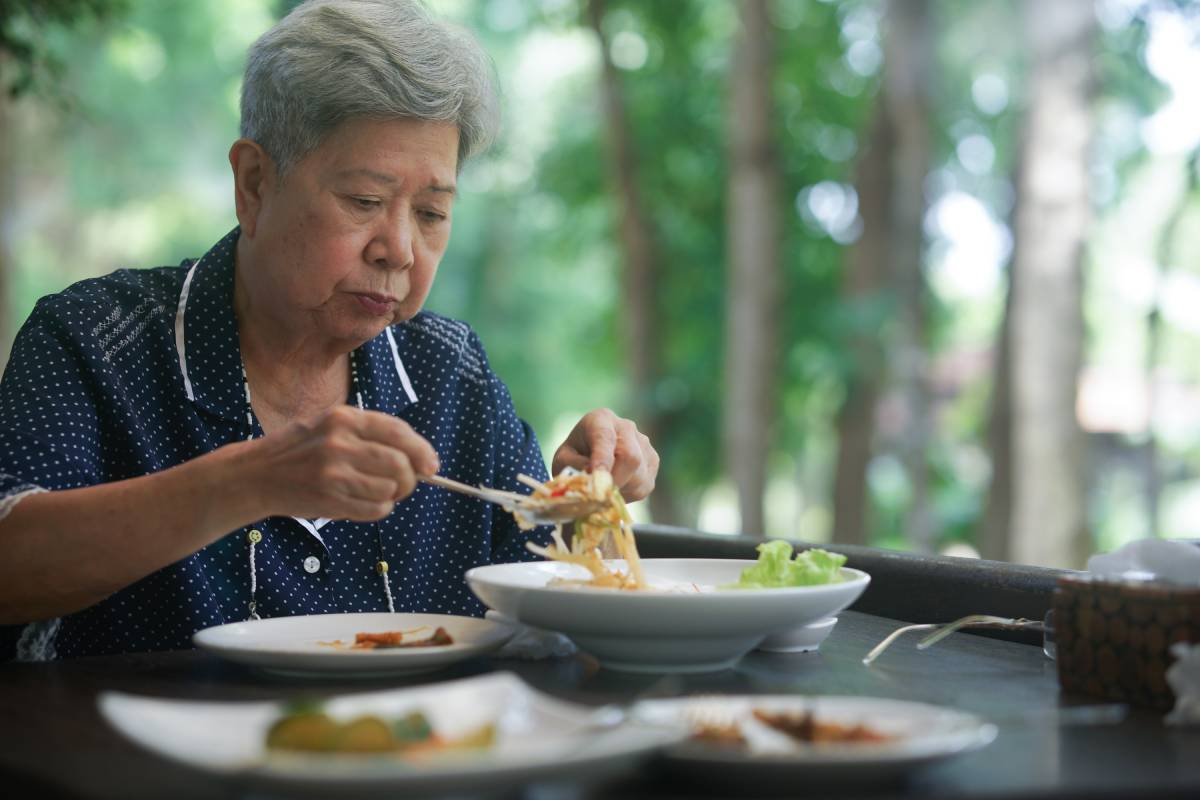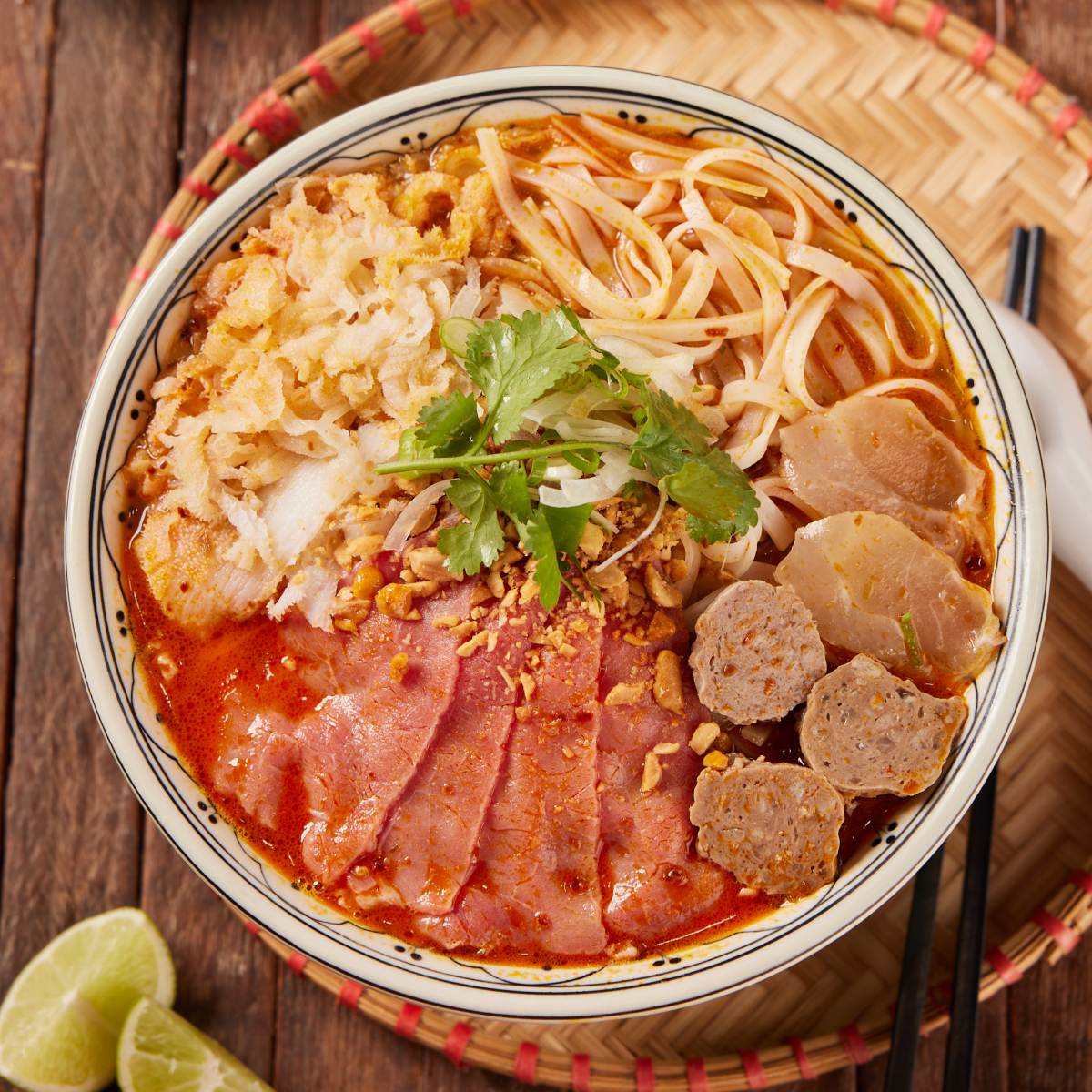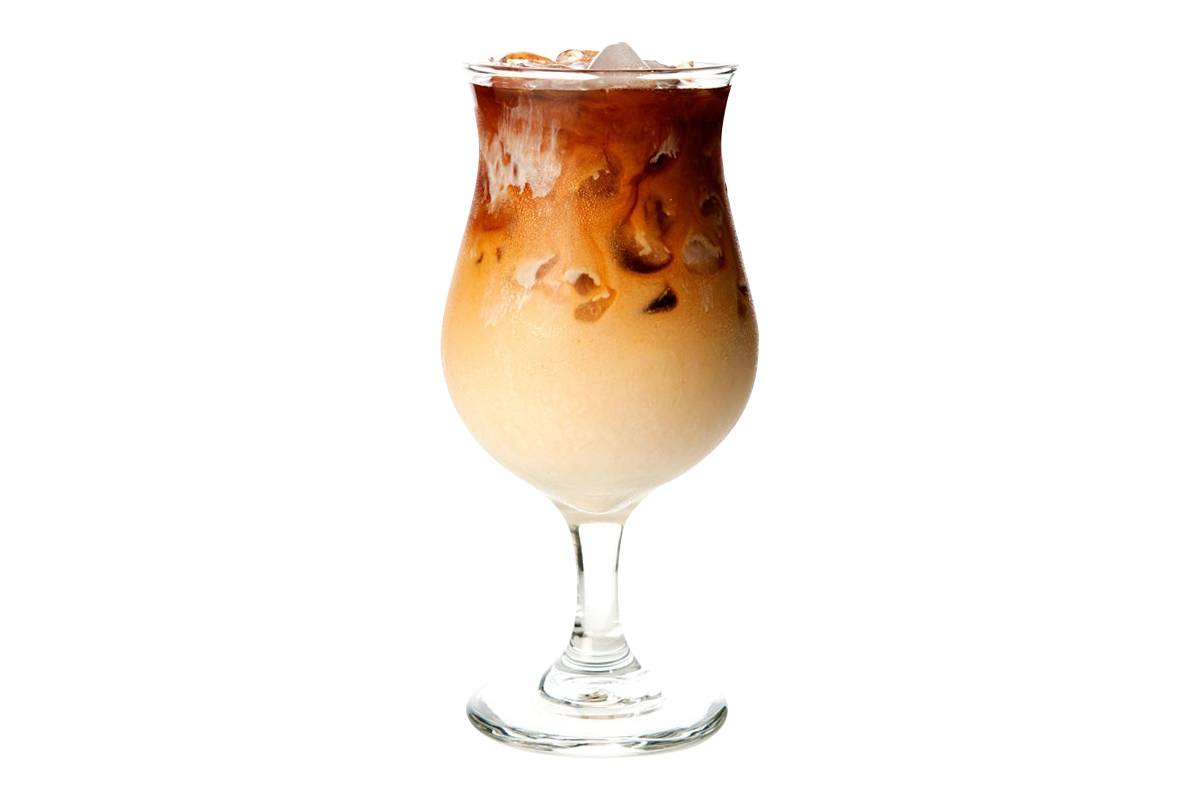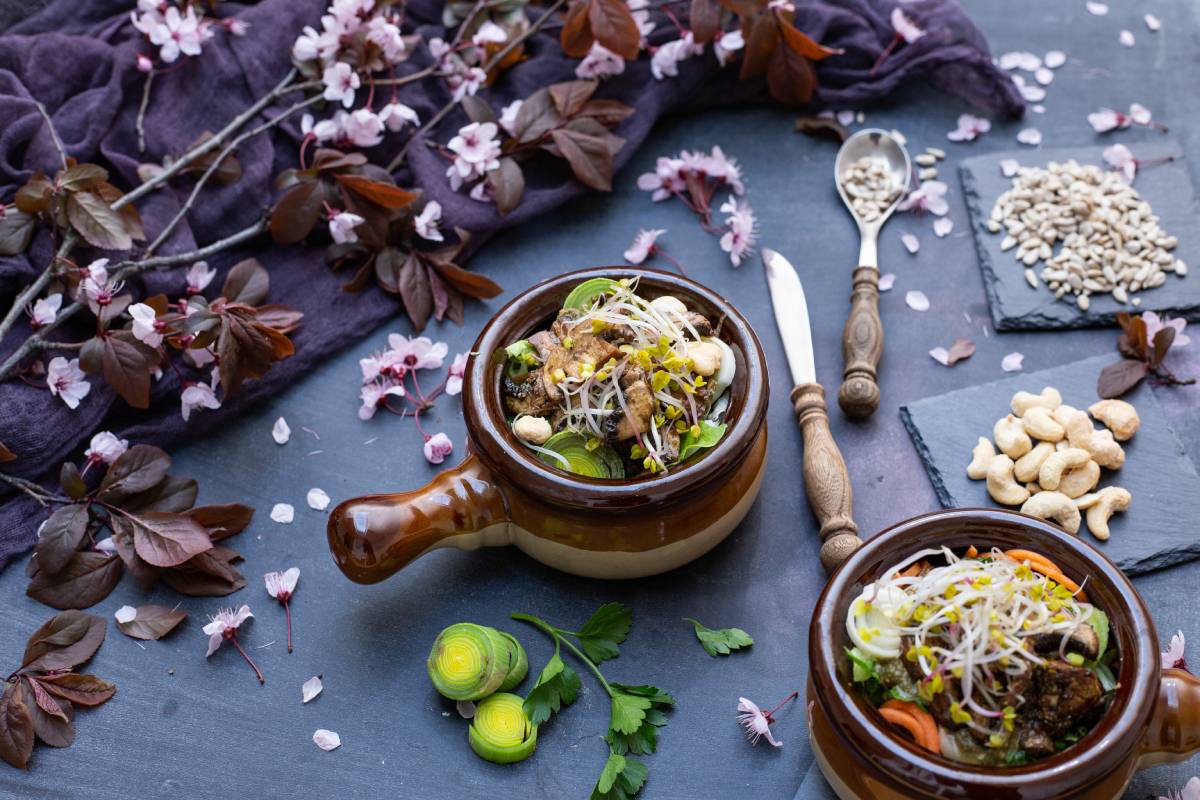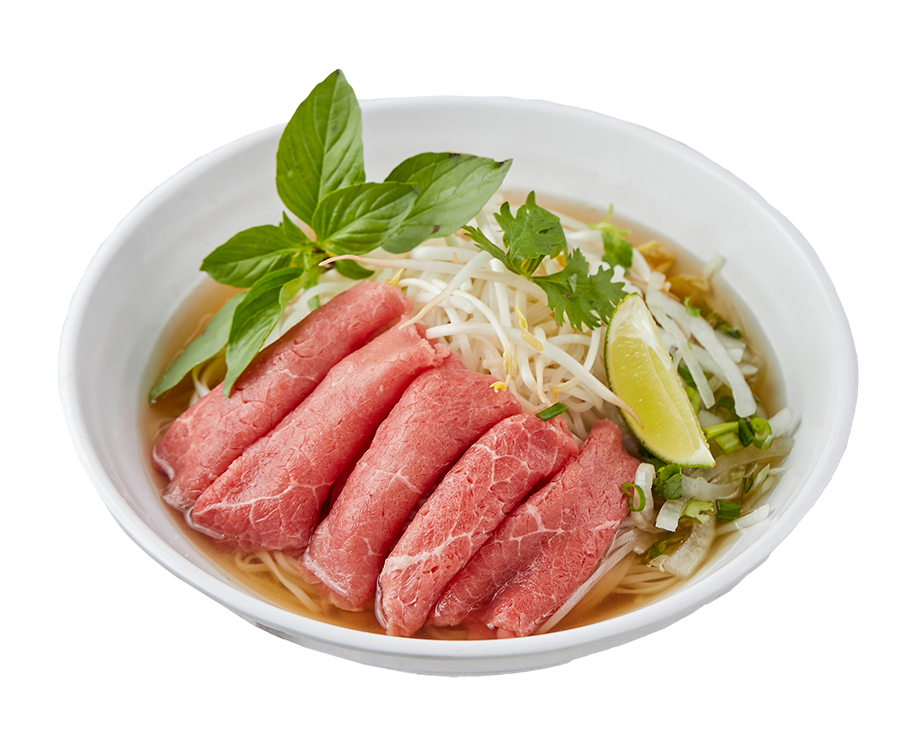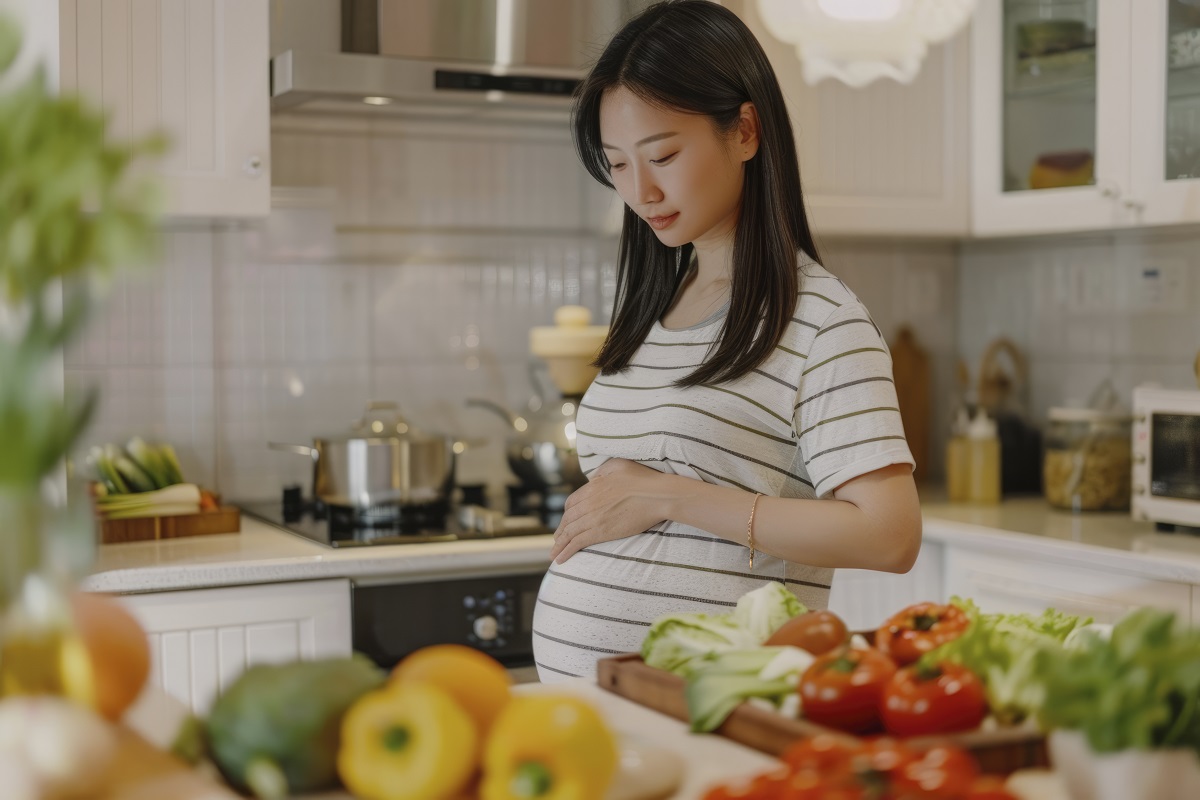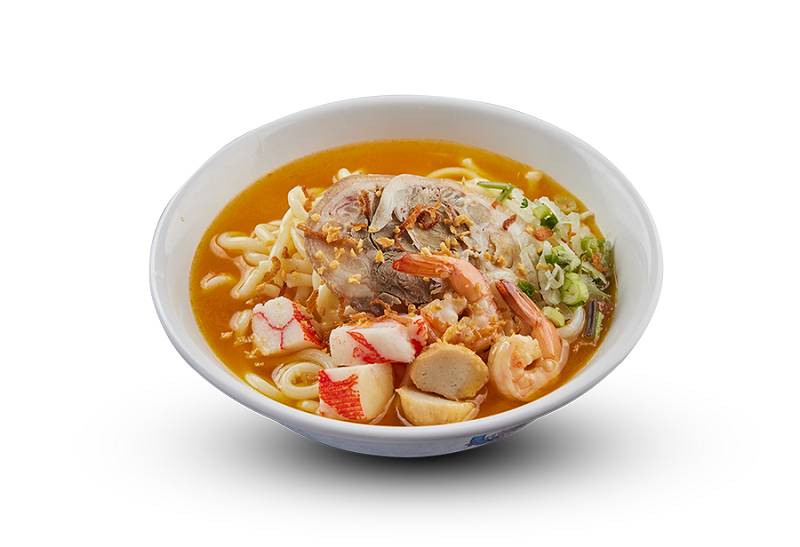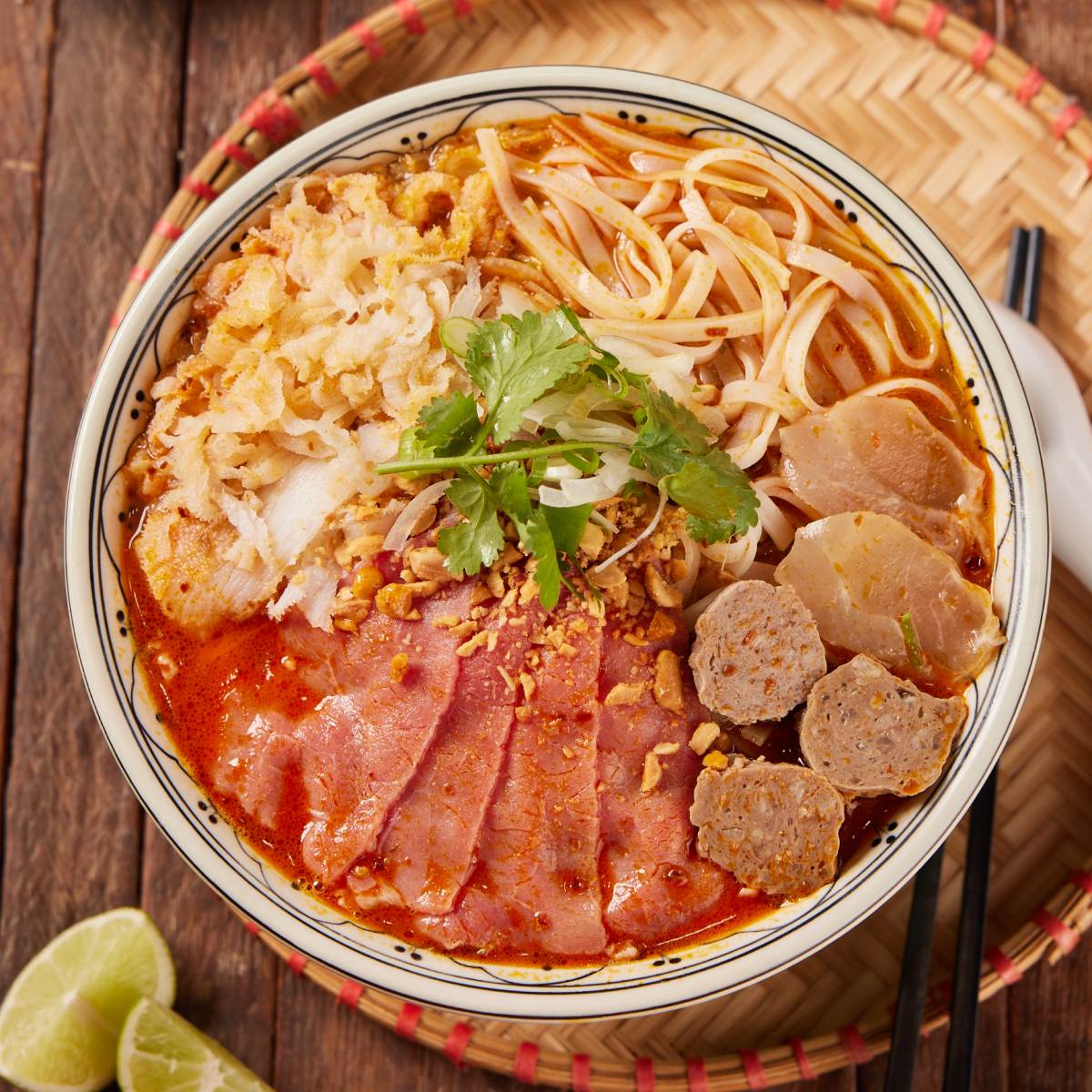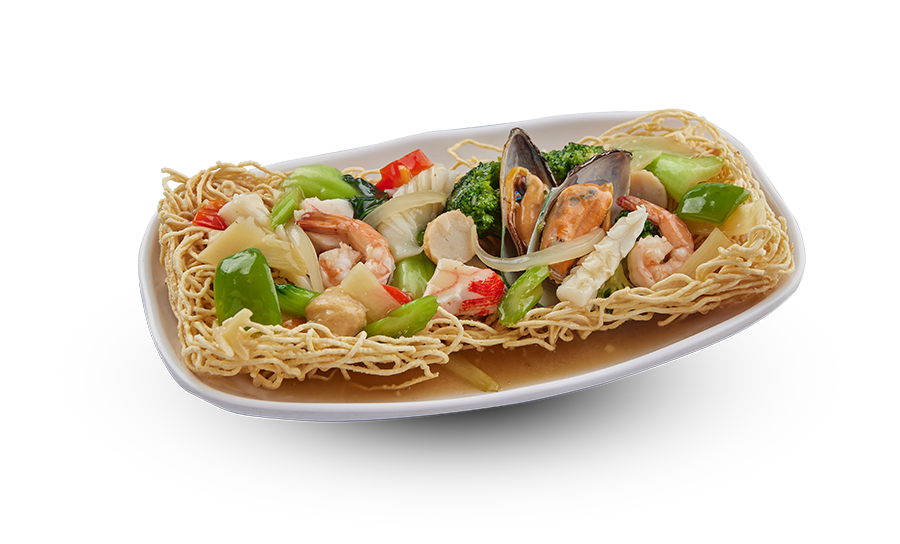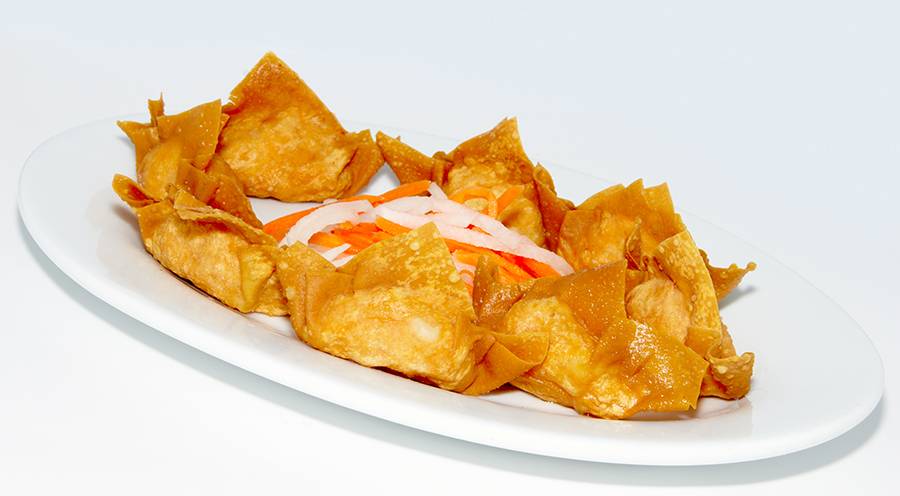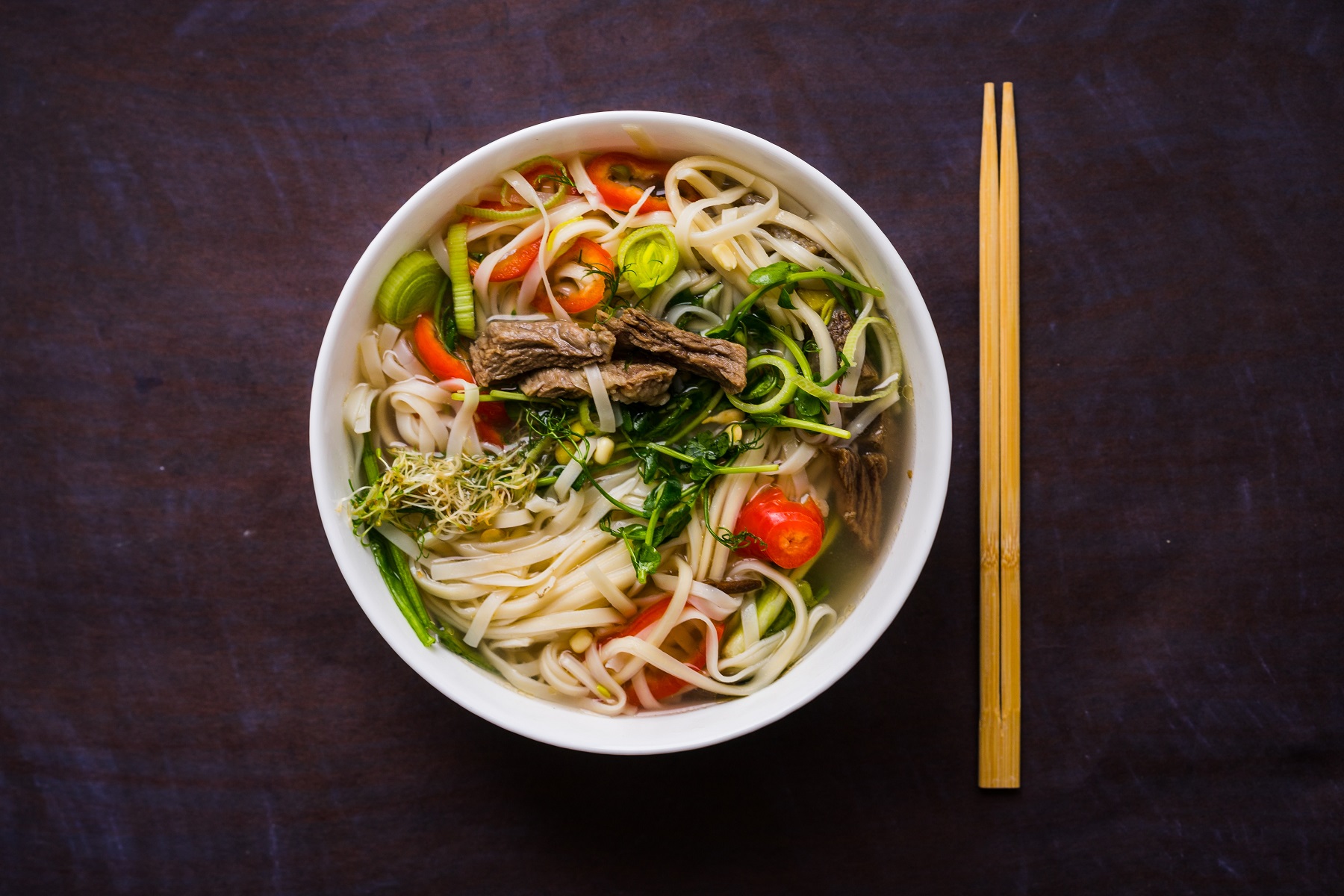
Move over, eggs and bacon! Vietnam has a breakfast that will make your taste buds jump for joy. From pho to banh mi, there's something for everyone in a Vietnamese breakfast. So put down the cereal and learn about what's worth waking up for!
A typical Vietnamese breakfast usually consists of some rice, whether it be plain white rice, sticky rice, or even rice porridge.
A traditional Vietnamese breakfast is a real treat! You can expect to be served some type of rice – white or sticky- along with a gorgeous array of sides that always burst with flavour. Think fried eggs, shredded pork and lots of herbs; chicken porridge; banh mi thit and nuoc mam (fish sauce); beef noodle soup; cha lua (Vietnamese ham) accompanied by vegetables, herbals and spices; plus heavenly desserts like chè tây (black sesame sweet soup), custard buns and all sorts of sweet treats. It's a fantastic combination, no matter how simple or complex the meal is. So if you can enjoy a Vietnamese breakfast next time you're in Vietnam, don't pass it up!
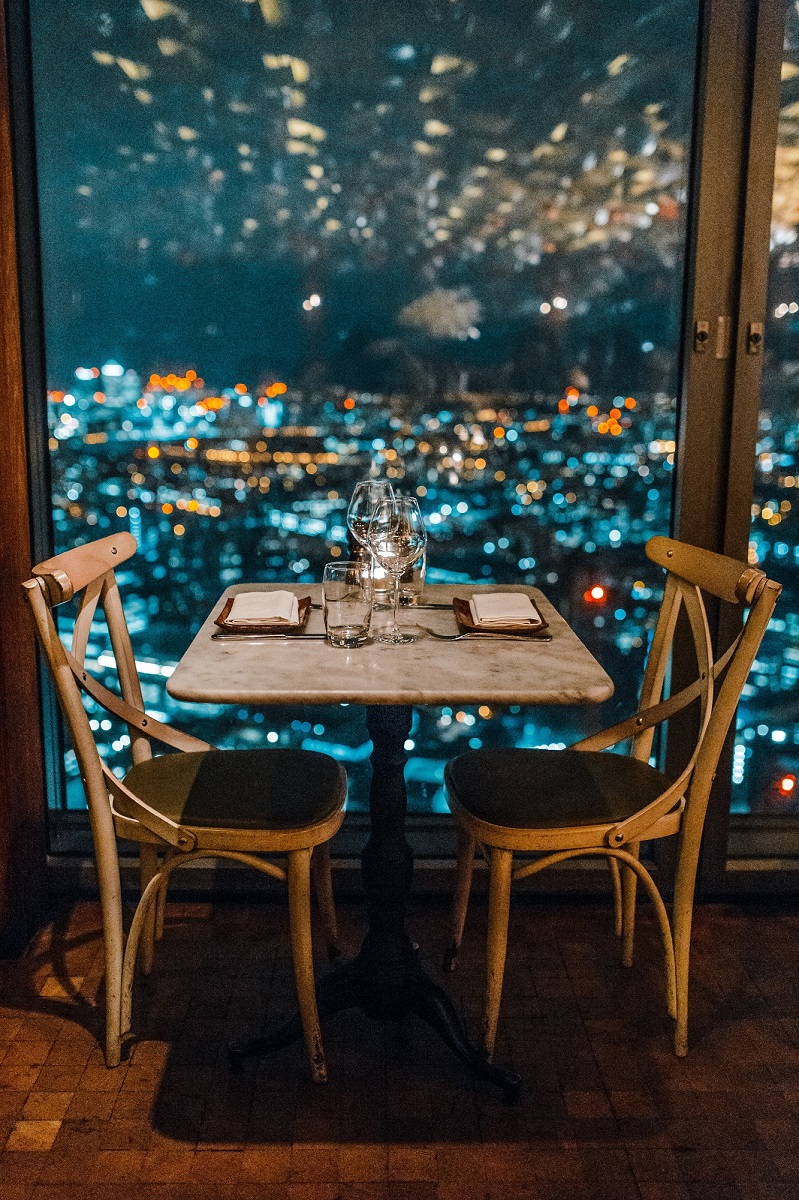
Dinner dates can be much fun. But there are also a few things you should avoid doing if you want to make a good impression. Here are four things you should never do on a dinner date. Single people, pay attention! This applies to you, too. Date nights can be tricky - but this guide will help ensure your next one is smooth sailing. Let's dive in!
Being late to a date –sends a message that you don’t value the other person’s time.
Being late to a date is practically the dating equivalent of a declaration of war! Being tardy signals that you don't take the other person's time seriously. Showing someone their priority is optional to you can ruin even the most promising relationship before it starts. It's one thing if something unexpected comes up - we all understand how life can throw curveballs - but otherwise, always plan to arrive on time for your dates. Not only does punctuality show respect for the other person, it also shows that you value and prioritize them in your life. A good rule of thumb: When in doubt, be early!

If you're planning a trip to Toronto, add Vietnamese food to your list of must-eats! Toronto Pho is an authentic spot that will satisfy your cravings. Keep reading to discover why this restaurant should be at the top of your dining list. Trust us; you won't regret it!
Why Toronto Pho is the best place for authentic Vietnamese food in Ontario.
Toronto Pho is the place to go for a delicious taste of authentic Vietnamese food. This eatery is located in downtown Toronto and offers many options that'll tantalize your taste buds. Their freshly made pho soup is especially worth trying – with its fragrant herbs and spices, it's enough to make your mouth water! All their dishes are prepared with fresh ingredients, too, meaning you get to enjoy the very best of Vietnamese flavours. The restaurant offers fast service and a friendly atmosphere – giving you an all-around fantastic experience. So if you're in Ontario and looking for some genuinely outstanding Vietnamese cuisine, don't miss out on visiting Toronto Pho!
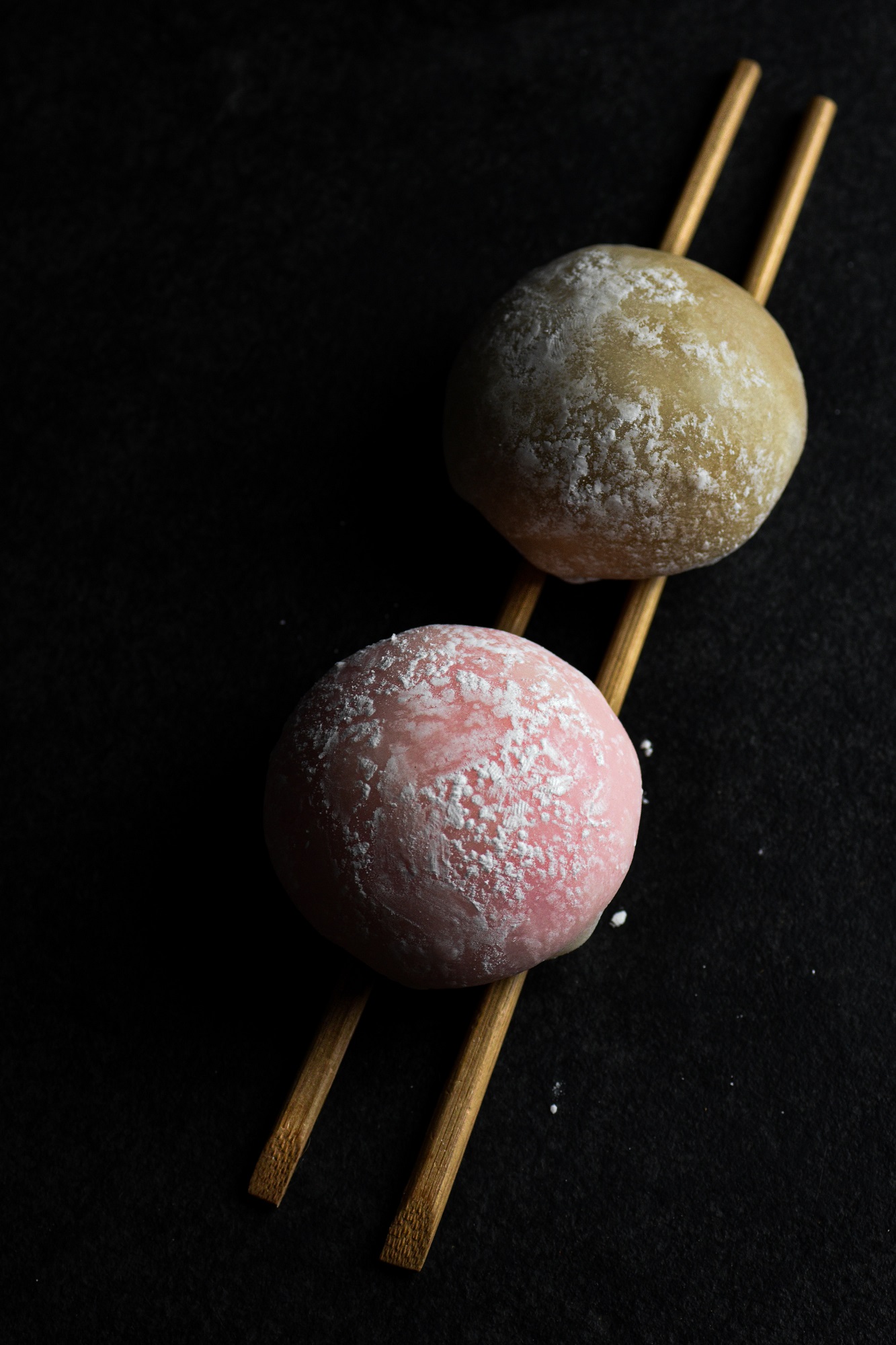
Mochi is a Japanese rice cake that has been around for centuries. It's made from glutinous rice flour and is typically filled with sweet bean paste. Mochi became popular in Canada in the early 2000s and can now be found in many different forms, such as ice cream or topping on desserts. Today, mochi is enjoyed by people of all ages and is a treat that can be enjoyed all year round. Thanks to its delicious taste and unique texture, mochi has quickly become one of the most popular sweets in Canada.
Mochi is a type of Japanese rice cake that is made from glutinous rice flour.
A staple of many Japanese cuisines, mochi is a treat like no other. You’re probably familiar with the traditional mochi, the soft, chewy confection made from sweet glutinous rice flour. You can also find variations of this popular dessert in numerous shapes and forms — from ice cream-filled mochi balls to grilled mochi on sticks! Not only does mochi make for a delicious snack, but it holds special significance in many cultures as it is often served during essential occasions such as New Year's. So if you’re looking for a unique dessert to jazz up your next gathering, why not try mochi?
Read more: The history of Mochi and how it became so popular in Canada.
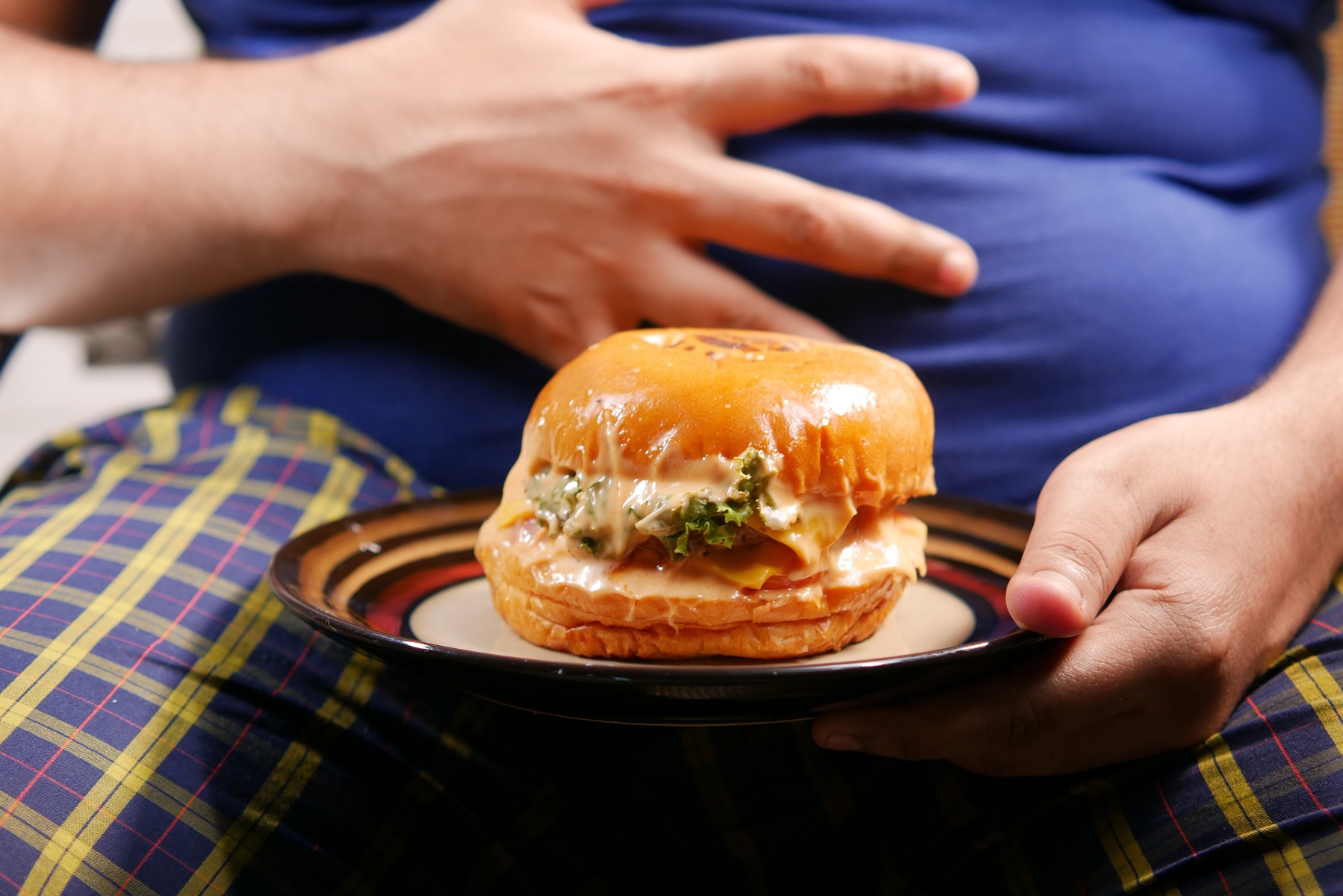
There are some foods that you can't eat every day. Some foods are meant to be enjoyed in moderation, whether because they're too unhealthy or because they're too expensive. Here are some examples of food you shouldn't eat every day.
Does spicy food irritate your stomach and cause indigestion?
Spicy food can be an enjoyable treat for many. However, it is essential to remember that it can also irritate your stomach and lead to indigestion. While some people may find spicy food calming, others can experience symptoms such as an upset stomach, bloating, and heartburn after overeating spice. To avoid these unpleasant side effects and consequences, it is best to go easy on the spice or enjoy only a moderate amount. Additionally, be sure to drink plenty of water with spicy foods - this will help to cool down the ingredients and reduce the irritation in your stomach lining. With these few tips, you can still enjoy your favourite spicy dishes without worrying about adverse effects on your digestion.

You know what they say, "the best way to a person's heart is through their stomach." And we couldn't agree more. After all, what's better than a warm bowl of pho on a cold winter's night? Toronto is known for its late night food culture, and there's no better place to experience it than at one of the many pho restaurants dotting the city. Whether you're looking for a post-party meal or just a late night snack, these pho spots are sure to hit the spot. Bon appetit!
Read more: Late Night Pho Culture in Toronto: The best post-party meal.
More Articles ...
Page 18 of 52


